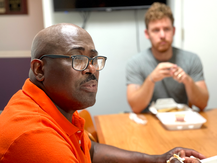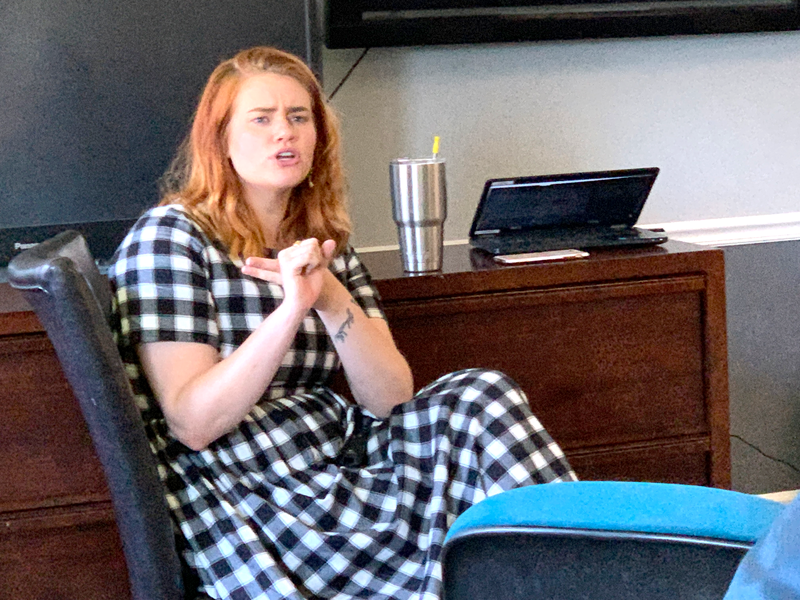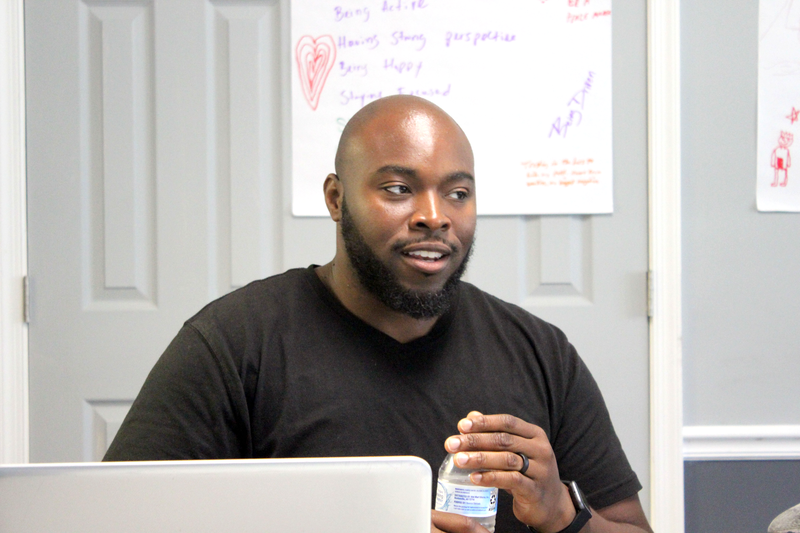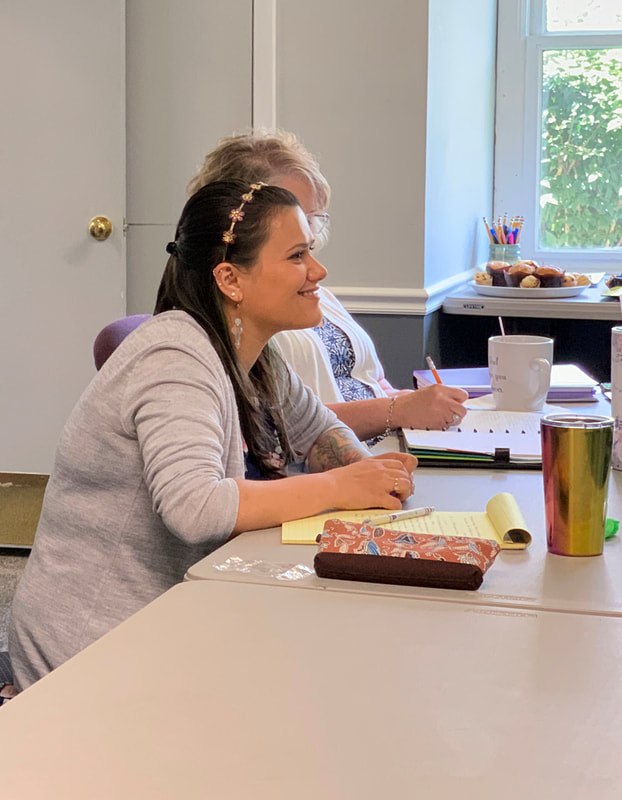|
Gemeinschaft Home staff participate in a summer workshop to learn more about trauma and trauma-informed care.  Definition of Trauma Individual trauma results from an event, series of events, or set of circumstances that is experienced by an individual as physically or emotionally harmful or life threatening and that has lasting adverse effects on the individual’s functioning and mental, physical, social, emotional, or spiritual well-being. (SAMHSA definition 2014) Professional development opportunities such as ongoing certification programs, college coursework, and community-based workshops help to keep staff members informed on new and best practices, particularly in the fields of substance abuse and mental health.Staying up to date on such knowledge and approaches is vital for us to provide the best possible services to the individuals we serve. In June, Gemeinschaft Home program staff participated in a one-day workshop led by Brandy Haden, Behavioral Health and Wellness Coordinator with the Harrisonburg-Rockingham Community Services Board. Largely based on research from SAMHSA (Substance Abuse and Mental Health Services Administration), the workshop, “Surviving and Thriving: Trauma and Resilience,” gave staff members a chance to define and discuss trauma as a concept and as a significant factor in the lives of many program participants. Staff members learned about signs and symptoms of trauma, as well as some of the key components of trauma that individuals experience and how they affect their behavior and actions. While staff members cannot formerly diagnose an individual with trauma, having a more informed perspective enables them to connect participants with necessary resources more readily. Many formerly incarcerated individuals have experienced trauma, both throughout their lifetimes and during incarceration, and face numerous challenges when transitioning back to life after prison. Many have never had any formal treatment interventions to cope with such experiences as well. Knowing more information about various types of traumas and the risks involved will help Gemeinschaft Home staff provide better guidance (such as referrals to appropriate services) for the individuals we serve in both the residential and non-residential programs. Comments are closed.
|
Archives
August 2023
|


